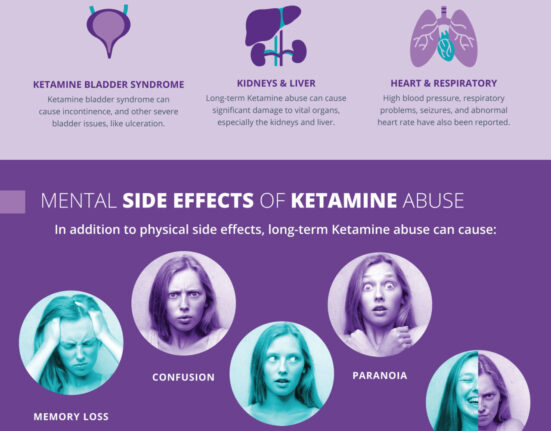In today’s digital age, it’s no surprise that many people turn to the internet for medical advice. With the rise of artificial intelligence (AI) and the abundance of information available at our fingertips, it’s easier than ever to search for symptoms and possible diagnoses online. But how reliable is Dr. Google? Let’s delve into the world of online medical searches and explore the do’s and don’ts when seeking healthcare information on the web.
Understanding the Pitfalls of Online Medical Searches
Dr. Google may seem like a convenient option for quick answers, but healthcare professionals caution against relying solely on internet searches for medical advice. While reputable websites like the Mayo Clinic or the Centers for Disease Control and Prevention can provide valuable insights, not all online sources offer accurate information. John Grohol, a psychologist specializing in online behavior, warns against blindly trusting search results from sponsored links that may prioritize commercial interests over factual accuracy.
The Role of Artificial Intelligence in Medical Information
The integration of AI technology has revolutionized how we access medical information online. AI algorithms can quickly scan vast amounts of data to provide users with instant summaries and potential diagnoses based on their symptoms. However, experts advise exercising caution when interpreting AI-generated responses as they may lack transparency regarding their data sources or be susceptible to errors known as “hallucinations.” Without proper context or verification, relying solely on AI recommendations can lead to misguided self-diagnoses.
Asking the Right Questions
One crucial aspect of conducting online medical searches is formulating precise questions that focus on symptoms rather than predetermined diagnoses. Doctors emphasize the importance of phrasing inquiries in a way that encourages broad exploration of possible causes instead of fixating on specific outcomes. For instance, asking “What could cause these symptoms?” opens up a range of possibilities compared to prematurely narrowing down options with queries like “Do I have this condition?”
Knowing When to Seek Professional Help
While online resources can provide useful background information, there are situations where immediate medical attention is non-negotiable. Symptoms such as chest pains, dizziness, or signs of a stroke require prompt evaluation by trained healthcare providers without delay. It’s crucial to recognize when self-research is insufficient and defer to real doctors who possess the expertise needed to conduct thorough assessments and recommend appropriate treatments based on individual health histories.
Expert Insights on Symptom Interpretation
Dr. Sarah Sams from the American Academy of Family Physicians highlights the complexity of symptom interpretation, noting that various health conditions share overlapping indicators which could range from minor ailments to serious medical issues like cancer. Unexplained weight loss or unusual changes in bodily functions may signal underlying health concerns that necessitate professional evaluation through diagnostic tests and comprehensive consultations with healthcare professionals familiar with patients’ medical backgrounds.
In conclusion, while Dr. Google offers a wealth of health-related information at our disposal, it’s essential to approach online medical searches judiciously by verifying sources, framing questions thoughtfully, and recognizing when expert intervention is indispensable for accurate diagnosis and treatment planning.








Leave feedback about this